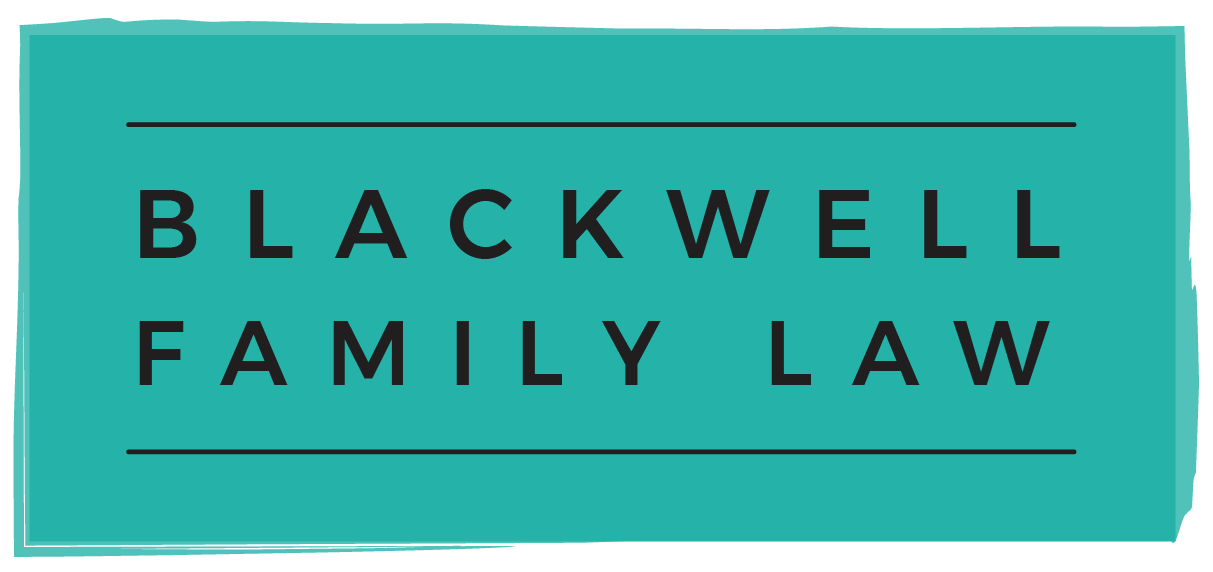The U.S. Supreme Court just confirmed this week that civil rights protections apply to transgender workers in their employment (See https://www.cbc.ca/news/world/us-supreme-court-lgbtq-1.5612327 .) Thankfully, Canadian courts and governments came to similar conclusions decades ago. Sexual orientation has been a prohibited ground of discrimination under the Ontario Human Rights Code since 1986. Gender identity and expression was added as a prohibited ground in 2012. This PRIDE month, I am reflecting on how proud I am to be part of that Canadian legal community.
I am also proud to be part of a community of Toronto family lawyers who have taken on cases that have pushed the law forward. M. v. H. http://canlii.ca/t/1fqm4 which was decided by the Supreme Court of Canada in 1999, ultimately led to the legalization of same sex marriage in Canada. Legal definitions for “spouse” and “parent” have been amended and updated to make sure LGBTQ+ relationships are included. Many individuals and lawyers have worked long and hard for these changes. I should be clear that my contribution has been to simply cheer quietly from the sidelines. But I do take pride in the accomplishments of my colleagues. I do take pride in being part of a professional community that strives for justice for LGBTQ+ families.
But, it’s 2020 now. More than twenty years have passed since M. v. H. and we still have more work to do. We need to think about how our law, most of which was developed with two-parent heterosexual families in mind, applies to LGBTQ+ families. How do the Child Support Guidelines apply when a polyamourous relationship breaks down? More importantly, how should they apply? How do we show transgender spouses that they are valued and included by a profession that routinely refers to “Husband” and “Wife” in our precedents? How do we protect people from discrimination in a digital world when personal details of their most intimate relationships are reported by name and searchable by anyone on the internet? How do we make sure that LGBTQ+ spouses feel they will get fair treatment in court, free of bias and prejudice, so that we can ensure access to justice for these families?
We need to have more conversations about these questions so that lawyers have answers which will actually lead to fairness and justice for LGBTQ+ people. If you would like to be part of this conversation, please contact me to share your ideas. Or, start your own conversation among your circle of friends and colleagues about what PRIDE means to you and what you can do to move fairness forward.

